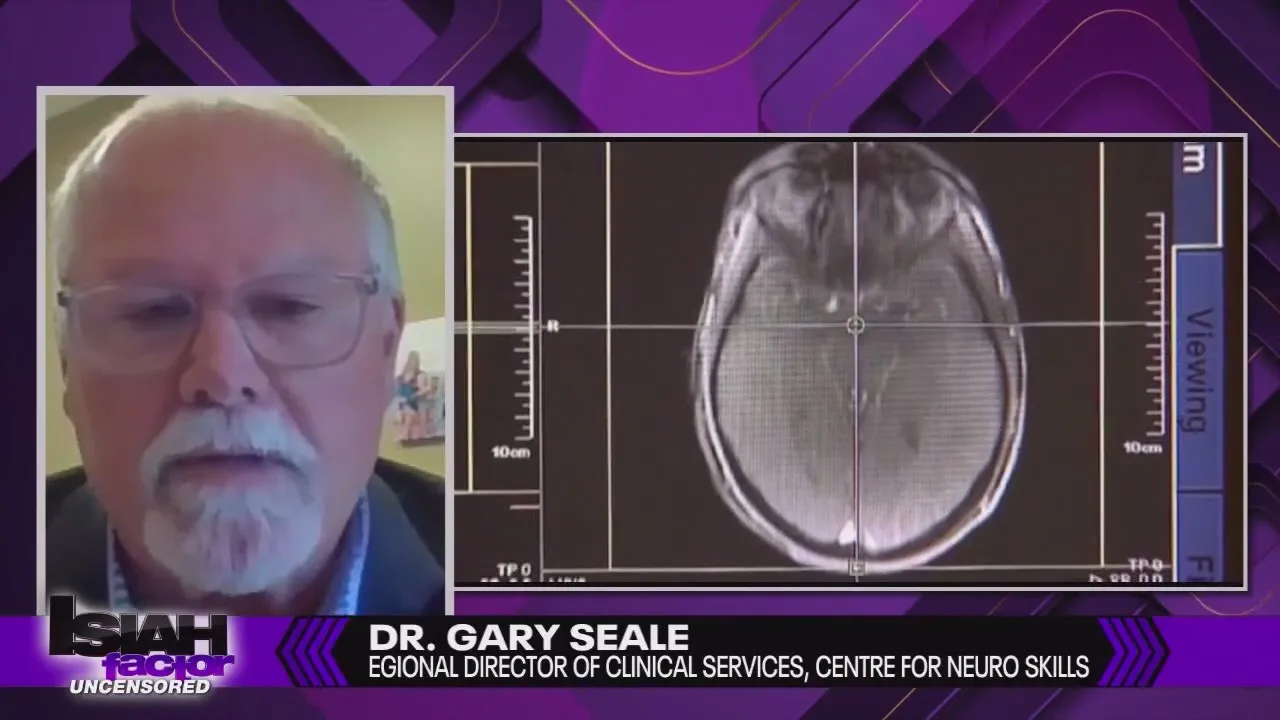Suicide Prevention: Addressing Brain Injuries and Mental Health

Understanding the Connection Between Brain Injuries and Mental Health
Brain injuries pose significant risks to mental health and can lead to devastating consequences if not addressed promptly. Numerous studies show a strong link between traumatic brain injuries (TBIs) and increased rates of anxiety, depression, and suicidal ideation.
Importance of Early Intervention
Timely treatment of brain injuries is essential for suicide prevention. Here are key steps to take:
- Seek immediate medical attention following any incident that may cause a brain injury.
- Engage in rehabilitation programs to address cognitive and emotional challenges.
- Access mental health support as part of comprehensive care.
Raising Awareness and Support
It is vital to create awareness about the risks of brain injuries in relation to mental health. Support from communities and health care providers can empower affected individuals to seek help.
Disclaimer: The information provided on this site is for informational purposes only and is not intended as medical advice. We are not responsible for any actions taken based on the content of this site. Always consult a qualified healthcare provider for medical advice, diagnosis, and treatment. We source our news from reputable sources and provide links to the original articles. We do not endorse or assume responsibility for the accuracy of the information contained in external sources.
This article was prepared using information from open sources in accordance with the principles of Ethical Policy. The editorial team is not responsible for absolute accuracy, as it relies on data from the sources referenced.